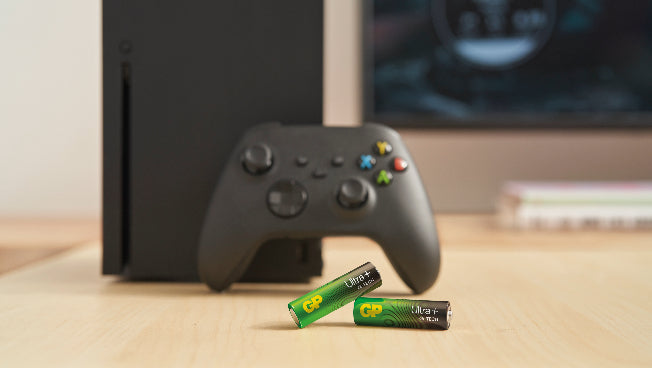

Despite the higher temperatures and increased humidity of tropical climates, it doesn’t have to be a challenge to ensure your batteries remain in peak condition. Find out how to prolong your battery’s lifespan with these storage tips and precautions that will help keep them at their best until you need them!
Table of Sunshine all year round in a tropical paradise may be perfect for a holiday, drying your clothes or even getting some much-needed vitamin D, but the one thing it isn’t great for is your battery life. Most households will have a stash of AA and AAA batteries lying around in the event of emergencies or for small battery-operated gadgets, but how often have you reached for a stray battery in a drawer only to find it already unusable or unable to perform properly? Storing batteries in a tropical climate requires some additional precautions to ensure their longevity regardless of what kind of batteries they may be. Here are some steps you can take if you’ve been wondering how to store your batteries in a way that will prolong their lifespan:
 Store in a cool and dry place
Store in a cool and dry place
Batteries lose charge capacity in extreme temperatures regardless of whether it’s extreme cold or extreme heat. Hot weather, particularly in tropical climates such as Malaysia’s, typically leads to an increased rate of internal discharge. The additional factor of increased humidity in tropical climates also speeds up battery corrosion and further shortens its lifespan. In addition to storing your batteries in a cool and dry place, it’s advisable to also house them in an area with a dehumidifier to eliminate as much moisture as possible from their environment. Regardless of whether they’re single-use batteries or rechargeable batteries, it’s important to reduce their exposure to heat and moisture as much as possible when storing them for better long-term battery health.
 Keep away from direct sunlight
Keep away from direct sunlight
Tropical areas typically receive plenty of sun, hence it’s important to ensure that your batteries are kept as far away from any source of direct sunlight as possible no matter whether you’re keeping them in your house or workplace. Although GP ReCyko batteries are capable of operating in extreme temperatures from -20°C to 50°C, it’s still advisable to keep them away from long-term exposure to sunlight to keep them working in their optimal state. Avoid keeping batteries in your car as well since the heat in an enclosed space can quickly rise and cause the batteries to leak or rupture — and this doesn’t just apply to lithium batteries either. Regardless of whether the batteries are alkaline, lithium, lithium-ion or carbon zinc, intense heat from being exposed to direct sunlight can cause the fluid in them to evaporate or leak, resulting in permanent battery damage. In the worst-case scenario, extreme heat can cause explosions and start fires. On that note, do avoid placing your rechargeable battery charger dock in areas with direct sunlight as well to avoid overheating while charging.
 Store in their original packaging
Store in their original packaging
There are many types of batteries available in the market that range from the lithium coin batteries used for watches to the more commonly used AA and AAA batteries, but they all have one thing in common: they’re packaged in cardboard packaging, often with a plastic shell or with cardboard dividers that are designed to separate them from each other in the pack. This packaging method is actually designed to prevent your batteries from coming into contact with each other’s terminals to prevent short-circuiting them. Storing your batteries in metal containers can also cause them to short-circuit, so it’s highly advisable to store them in their original packaging.
However, if you’re bringing your batteries along to places with high humidity such as a waterfall or beach, or on activities that will expose batteries to moisture, it would be best to keep them in a waterproof pouch or box that’s not made from metal. If you’re using a lithium-ion battery, it’s also recommended that you remove it from the device or rechargeable battery charger dock it’s in, then ensure they’re dry before storing them in an area with a dehumidifier whenever possible to prolong their lifespan.
No matter how durable a battery is, it’s essential to keep them in tip-top condition, both to have them handy in the event of emergencies and so you won’t have to keep replacing them. If you’ve just cleared out your emergency stash of batteries and need to get new ones, perhaps it’s time to check out GP Batteries’ wide range of power solutions. Power up your life today with our wide range of rechargeable batteries, specialty batteries and more!





